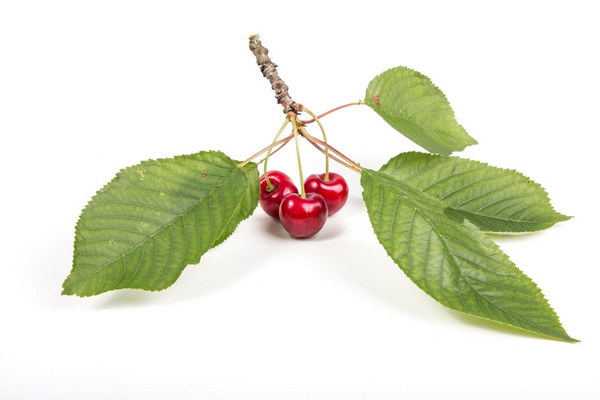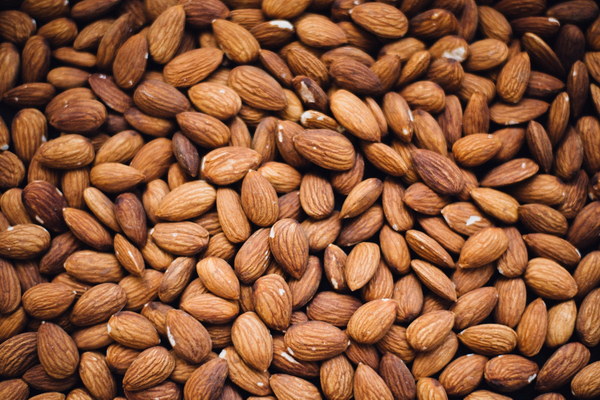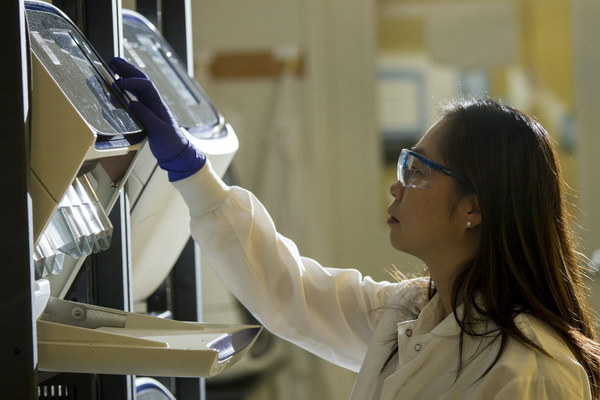Breathe Easy, Cough Hard The Post-Cleansing Dilemma of Lung Detoxification
Breathe Easy, Cough Hard: The Post-Cleansing Dilemma of Lung Detoxification
In the quest for better health and wellness, many individuals turn to lung detoxification programs. These programs are designed to eliminate pollutants and toxins that have accumulated in the respiratory system over time. While the initial cleanse may bring a sense of relief and rejuvenation, one often overlooked side effect is a severe bout of coughing. This article delves into the reasons behind this phenomenon and offers strategies for managing the post-cleansing cough.
Understanding Lung Detoxification
Lung detoxification programs typically involve a combination of lifestyle changes, herbal remedies, and dietary adjustments. These methods aim to purify the lungs by clearing out mucus, pollutants, and other irritants. While the cleanse can lead to improved breathing and overall well-being, it also triggers a process known as detoxification reactions.
The Detoxification Reaction
When toxins are flushed from the body, they can cause various symptoms, including fatigue, headaches, and in some cases, a severe cough. This is because the body is working to eliminate these substances, and the respiratory system often becomes the primary avenue for this process.
Why Does the Cough Occur Post-Cleansing?
1. Increased Mucus Production: As the lungs are cleared of irritants, the body may respond by producing more mucus to trap and expel the remaining toxins.
2. Inflammation: The cleansing process can cause inflammation in the respiratory tract, leading to coughing as the body attempts to heal itself.
3. Allergies: Toxins that were previously trapped in the lungs can now be released, potentially triggering allergic reactions that result in coughing.

4. Recovery: Post-cleansing, the lungs are in a state of recovery, and the body may be clearing out dead cells and debris, which can cause a cough.
Managing the Post-Cleansing Cough
While a cough post-lung detoxification can be unsettling, there are several ways to manage it:
1. Hydration: Drink plenty of water to thin mucus and aid in its expulsion.
2. Steam Therapy: Inhale steam from a hot shower or use a humidifier to help soothe the respiratory tract.
3. Herbal Remedies: Ginger, honey, and lemon can be added to warm water to create a natural cough syrup.
4. Rest: Allow your body time to recover from the cleanse and the associated coughing.
5. Avoid Irritants: Stay away from smoke, dust, and other allergens that can exacerbate coughing.
6. Over-the-Counter Remedies: Consider using cough suppressants or expectorants, but consult with a healthcare professional before taking any medication.
Long-Term Benefits of Lung Detoxification
Despite the temporary discomfort of a post-cleansing cough, the long-term benefits of lung detoxification are significant. Improved lung function, reduced respiratory symptoms, and a greater sense of well-being are just a few of the advantages. By understanding the reasons behind the cough and taking appropriate measures to manage it, individuals can enjoy the benefits of lung detoxification without compromising their comfort.
In conclusion, the post-cleansing cough is a common and sometimes distressing side effect of lung detoxification programs. By staying hydrated, using steam therapy, and taking other precautions, individuals can manage the symptoms and continue their journey toward better health. Remember, while the temporary discomfort may be worth the long-term benefits, it is essential to listen to your body and seek medical advice if the cough persists or worsens.









